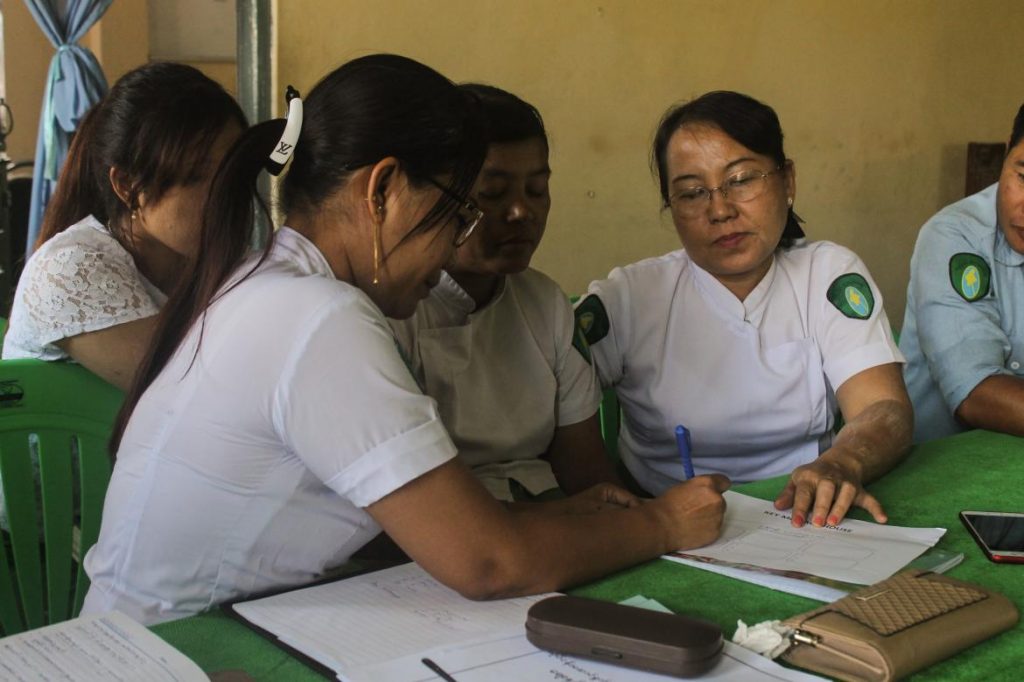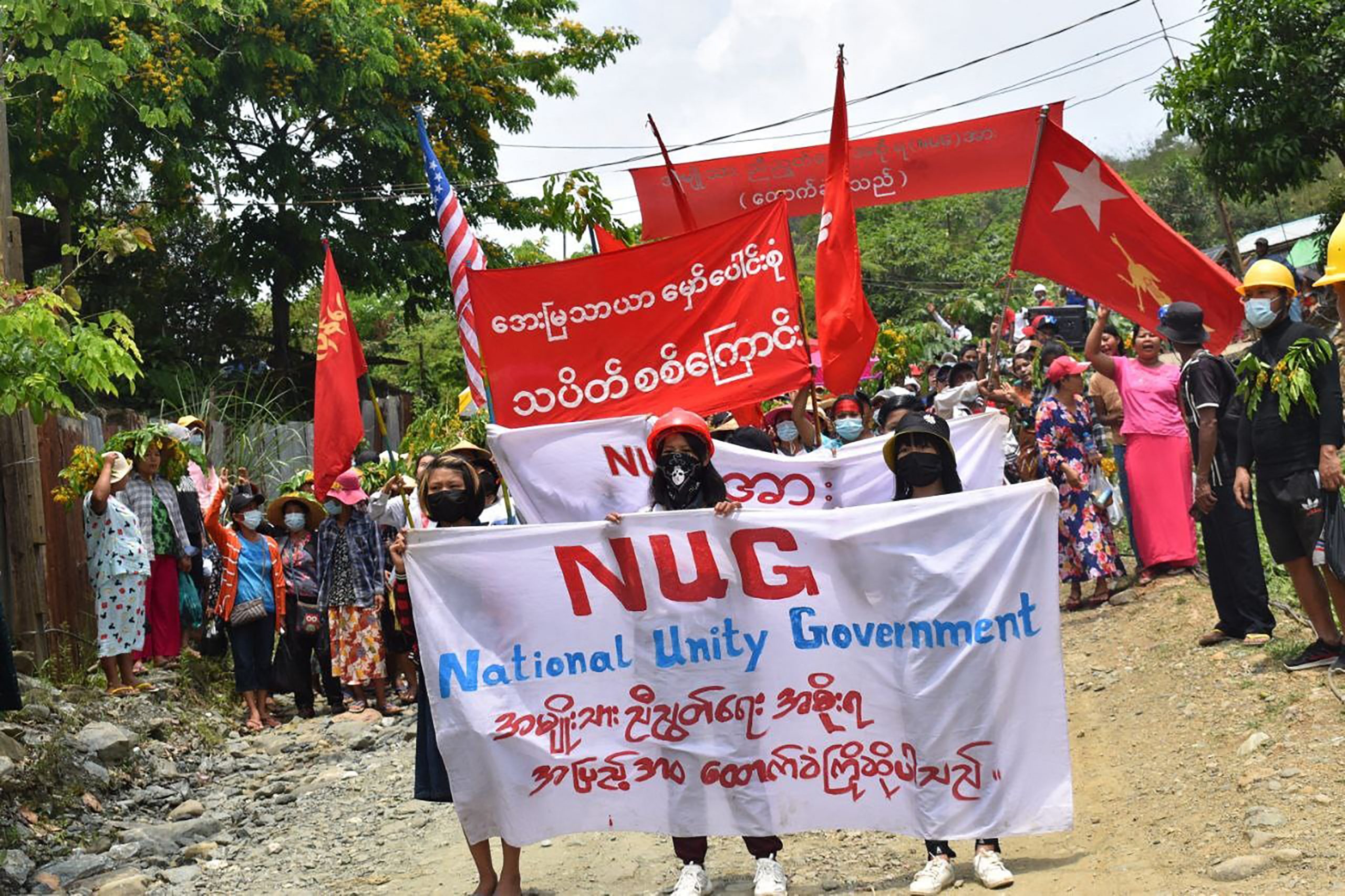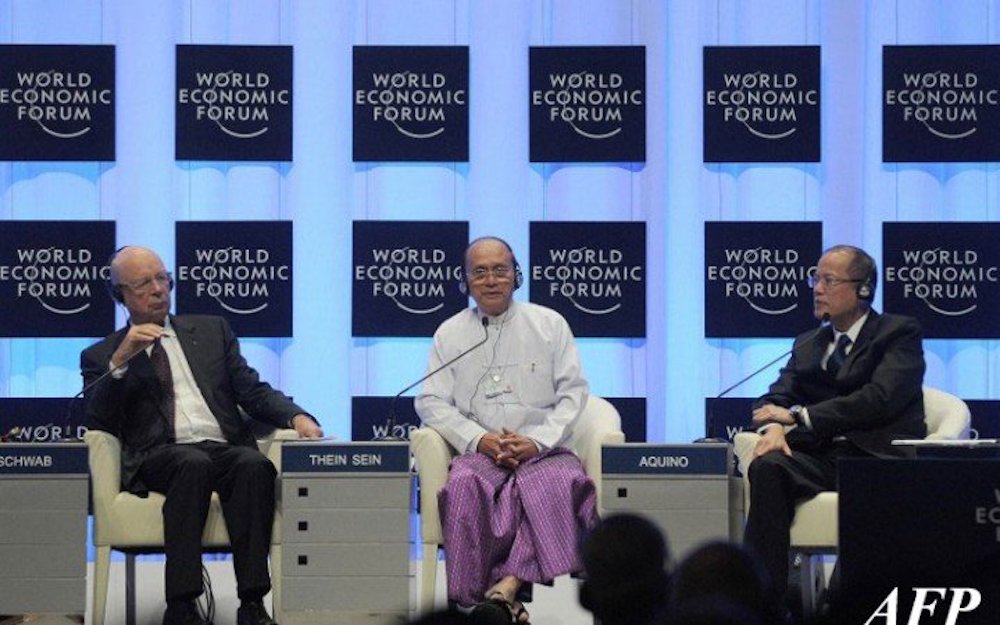While men dominate all levels of government in Myanmar, the country can take a giant step towards gender equality by changing its budgeting practices.
By ALISON CHAN | FRONTIER
In recent years Myanmar has made substantial progress transitioning to more democratic governance practices after decades of authoritarian rule. The publication of three Union-level Citizens’ Budgets since 2015, reforms to sub-national and municipal governance and steps to accelerate decentralisation have increased transparency and accountability. That said, gaps still remain in governance practices towards gender equality, particularly the lack of gender awareness when it comes to budget allocation.
While not a new concept, gender budgeting is still not well known in Myanmar. Sometimes referred to as gender-responsive budgeting, the practice addresses implicit or explicit gender biases that occur in decision-making when men hold most positions of power.
The most common outcome of male dominance is for public spending to be skewed in favour of men. For example, when governments do not allocate adequate resources for paid parental leave and childcare, parents often have to make a difficult choice between returning to work or staying at home. Because in most countries women are culturally expected to carry out unpaid domestic duties, this results in more women leaving the workforce.
Implementing gender-responsive budgeting would entail collecting gender-disaggregated data and analysing the different needs of men and women. Public spending would then be adjusted to ensure those varying needs are met, and transparent mechanisms introduced so that civil society can hold government accountable to its spending and ensure it is equitable.
Support more independent journalism like this. Sign up to be a Frontier member.
While Myanmar has a powerful and influential woman in State Counsellor Daw Aung San Suu Kyi, this in no way means that gender equality has been achieved in government. As outlined by The Asia Foundation’s report, “Women’s Political Participation in Myanmar: Experiences of Women Parliamentarians 2011-2016”, only 10.5 percent of lawmakers at the national level are women, and the proportion is even lower in state and region assemblies. Furthermore, the percentage of women participants at this year’s 21st Century Panglong Union Peace Conference was just 20 percent. Considering how women are disproportionately affected by conflict and at a heightened risk of sexual violence in conflict zones, it is imperative for women to participate equally in peacebuilding efforts.
When the vast majority of policy- and decision-makers are men, there will almost always be a gender bias in policy, legislation, and budget allocation. In 2016 Oxfam published a briefing paper, “A Case for Gender-Responsive Budgeting in Myanmar”, that highlighted the propensity of men in Myanmar to support public spending on infrastructure, such as roads, whereas women were more supportive of improving social services, such as healthcare and education. The paper noted that Myanmar’s spending on health, education and social welfare was “extremely low”. Indeed, just 8.5 percent of the 2017-18 national budget is allocated to education; UNESCO recommends that countries allocate at least 20 percent. That being said, the National League for Democracy has made a promising start fulfilling its promise to raise public spending on education.
Myanmar is far from being the only country falling behind on gender budgeting. Of the Organization for Economic Cooperation and Development’s 34 members, less than half have introduced gender budgeting. Some of the most economically developed countries, including Australia, Canada, and France, do not have plans to adopt gender budgeting. Indeed, such large-scale budgetary reforms require a delicate balance of political will, technical skills and public interest to gain momentum.
One of the barriers facing Myanmar is the ineffective and outdated public financial management process itself. A 2014 programme brief published by The Asia Foundation noted that Myanmar’s budget cycle “focuses almost exclusively on financial control and dedicates little or no attention to policy-based budgeting and efficient delivery of services”. Research and communication to determine constituents’ needs are rarely, if ever, conducted. The needs of varying demographics, such as those broken down by gender, are therefore not well known.
As such, it is imperative to collect better data, especially gender-disaggregated data, to understand the different priorities and needs of women and men. The national government has made progress in this area, completing the national census in 2014, the first of its kind in 30 years. As Myanmar moves towards decentralisation, it will be important to support sub-national governments in shifting towards evidence-based policy-making and public financial management reform. This includes collecting information from citizens at the local level to shape policy in local governance. Making budgets more transparent and accessible will be important in engaging the public on budget allocation. Furthermore, electing and appointing more women to public office (especially on budget committees) will be a significant step towards gender-aware decision-making, while the importance of identifying male allies in public office to champion the cause should not be lost.
Although the path towards gender budgeting is long and winding, it is also one Myanmar needs to follow. Good governance calls for the diverse life experiences of all individuals to be represented. This is true for gender, ethnicity, religion, abilities/disabilities, and more. When the voices of citizens are heard, especially minority groups such as women, public policy will have a profound impact on the country for the better. One way to do this is to start implementing gender budgeting and begin directing resources to services important to women but which will benefit the broader society.







